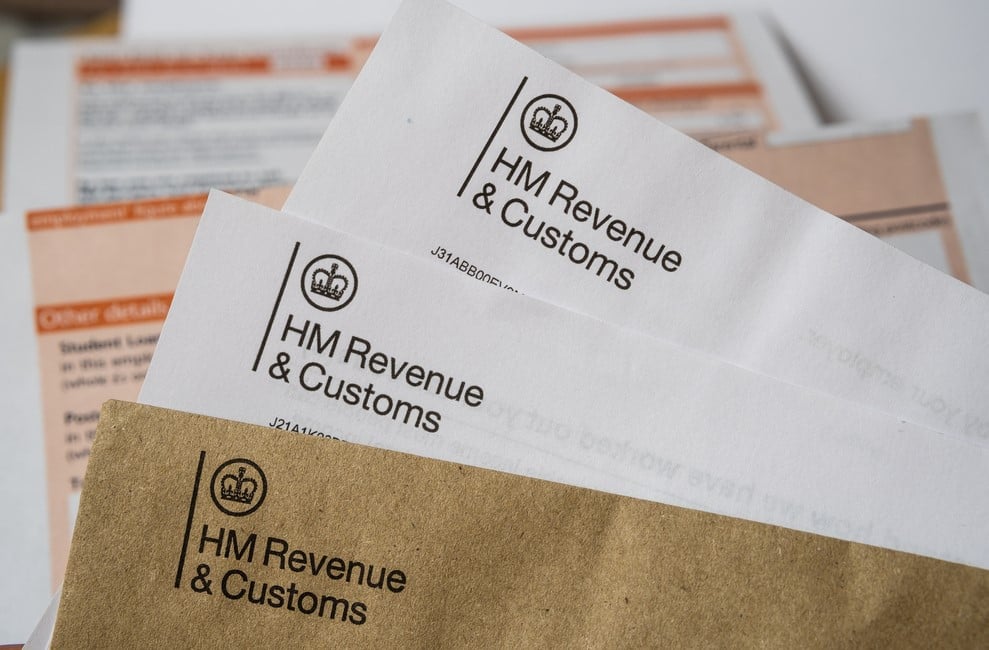Getting a letter from HM Revenue & Customs can often propagate waves of anxiety through anyone’s day. Typically, these correspondences come in different forms, but one type that may arrive in your mailbox is the dubbed “nudge letter.” Formulated to alert or prompt taxpayers about their fiscal responsibilities, especially pertaining to undeclared income, grasping your HMRC nudge letter is crucial to make sure you’re meeting your tax obligations effectively.
What specifically is an HMRC Nudge Letter?
A nudge letter from HMRC is basically a preventive measure rather than an accusatory one. These letters are part of HMRC’s strategy to encourage taxpayers to voluntarily rectify any variations in their tax reports, notably focusing on overseas income that might not have been fully declared. Unlike formal audit letters, a nudge letter is not indicative there is an current investigation into your tax affairs. Instead, it serves as a soft nudge that HMRC has data implying there might be undeclared income.

Why Did You Receive This?
If you’ve come across one of these notices in your mail, it is likely because HMRC has received details which possibly clashes with the information you’ve submitted, or implies there could be other sources of income that need to be taken into account. Common triggers for dispatching a nudge letter involve inconsistencies seen in the information shared by international tax authorities or financial institutions concerning overseas income.
Understanding the Message
The key content of a nudge letter usually includes a alert about the importance of reporting all necessary incomes; a reminder that mistakes should be rectified; and occasionally, connections to guides on the best way to handle disclosing undisclosed income. It’s crucial to examine the information stated about the suspected undisclosed income carefully and decide whether it relates to your case.
Subsequent Actions: What exactly Must You Do?
Upon receiving a nudge letter, taking active steps is essential:
Review your Tax Returns: Verify your previous returns to ensure all income sources were reported correctly. Pay special attention to any overseas income.
Consult a Tax Advisor: In case there is any uncertainty about how to move forward or if amendments are, consulting with a tax expert could offer clearness and guidance.
Respond Promptly: Follow any instructions given in the letter regarding due dates for response. Engaging collaboratively with HMRC could frequently prevent further complications or inquiries.
Correct Any Inaccuracies: If you discover errors or left out details, take swift moves to remedy it. This usually includes filing corrected returns and cooperating fully with HMRC.
Precaution is Preferred Over Treatment
To sidestep forthcoming HMRC nudge letters, keeping comprehensive and correct records of all domestic and overseas income is recommended. Frequently updating tax filings and making sure total transparency can assist evade the stress associated with such checks from the tax authorities.
Handling tax affairs may seem overwhelming, especially if it concerns intricacies such as overseas income. However, grasping why you got an Her Majesty’s Revenue and Customs reminder letter and being aware of how to respond effectively can not only aid in addressing possible issues promptly but also reinforce your loyalty to meticulous fiscal adherence. Keep in mind, the tax authority utilizes these letters to assist taxpayers in staying on track rather than fining them without prior notice.
For more info about Nudge Letter Overseas Income visit this net page

Be First to Comment